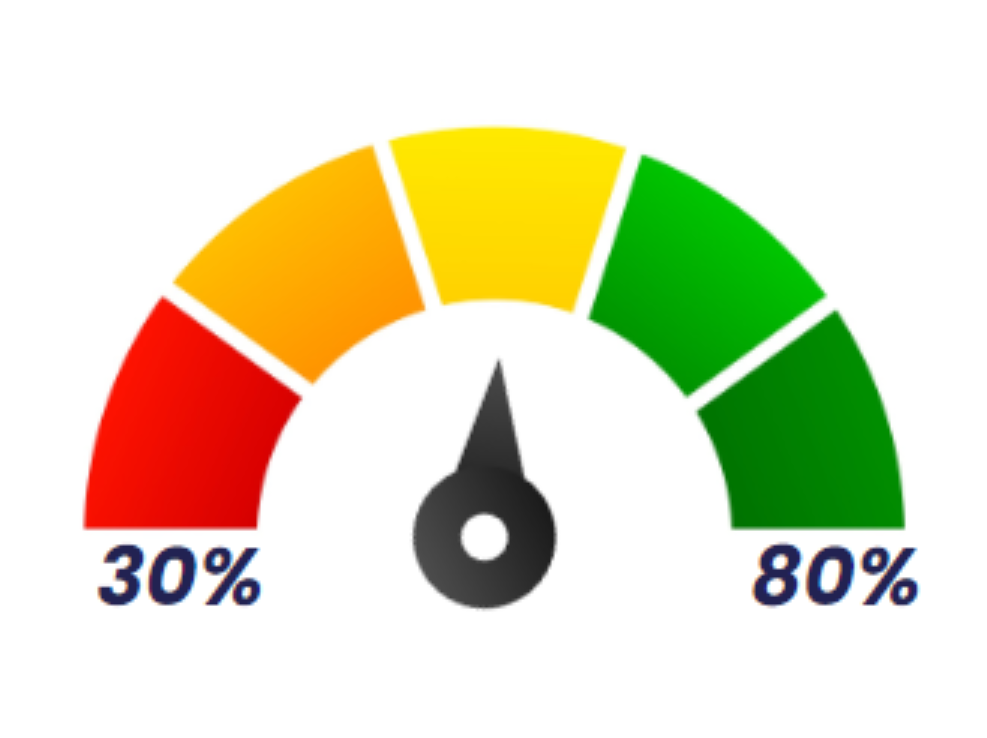Rebuttals to eternal truths
Every housing company has those neighborhoods where waste management doesn't work the way you want it to, and which you might prefer to forget about. Areas where the residual waste containers stand in long rows, filled to the limit. The common thread we see at Bintel is that, more often than not, you find these Recycling room or sorting stations in areas linked to socio-economic challenges.
So we at Bintel ask the question: Should the sorting rate be linked to the number of credits in an area, or the number of zeros in the salary envelope?
Förbo has stepped up to the plate and disproved these eternal industry truths. While Bintel's solution has saved 35% of residual waste costs in no time at all.
Problematic areas linked to socio-economic challenges
At Bintel, we collect data from 1000s of Recycling room and sorting stations in the Nordic region. We see many connections and trends that point to what is needed to make sorting work. We often see areas that are chaotic waste management, where waste is more often on the floor than in the containers. And when it is in the bins, it is likely not in the right bin. All too often, these problematic areas are linked to socio-economic challenges, tenants who are busy making ends meet, and don't focus on the waste issue. Just as often we see waste management companies and housing companies that have given up on these neighborhoods.
A toxic cocktail if you want well-functioning and cost-effective waste management.
For this reason, it is very nice to tell you about Förbo's projects in Lindome and Balltorp, two areas that are often mentioned when talking about the lack of waste management in Mölndal.
First some references
At Bintel, we usually talk about the key figure sorting rate, which basically indicates how much of the total amount of waste is sorted out. In simple terms, we then assess a sorting station or a Recycling room according to the table below.

All too often we find sorting rates in deprived areas around a dismal 35-40%. But, when analyzing data from Balltorp and Lindome, we see that this is not the case.
So what is the secret of Förbo?
"We have done quite a lot to improve waste management in these areas. Part of the work is to analyze and understand why waste management is not working. Bintel's data helps us to reason and interpret figures, and thus find the right measures. Actions that we can now see results from. Often it is about creating the conditions for the tenant to be able to do the right thing and as little wrong as possible" says Förbos Area Manager Johannes Remnegård.
The efforts made over the last decade are:
- Switched to underground systems for packaging
- Review of sorting facilities in homes and distribution of sorting bags in some areas.
- Ongoing communication activities and theme days with residents
- Camera surveillance at the sorting stations
The sorting rate before these interventions is unknown, as there were no connected containers. However, Johannes describes the situation before the intervention as follows:
"The Balltorp and Lindome areas are quite similar in some ways, although they are different in others. What they have in common is the challenge of waste management and how to get the tenants on board. "We have come a long way, but it is a work in progress. "
Big savings and evidence of impact of interventions
Förbo connects about 10 sorting stations in the areas in question, and begins data collection. The first initial data-driven insights gained are:
- 400,000 SEK in annual savings, or 35% of the cost of residual waste, just one call away. Significant overcapacity of mainly residual waste is identified and adjusted at the 10 connected sorting stations.
- Sorting rate of just over 50%, which is an unusually high figure for socio-economically disadvantaged areas. Förbo still has quite a long way to go to achieve a good sorting rate, but they now know which fractions are lacking in terms of sorting.
Johannes comments on the savings as follows
"It's nice to see that some bins we have had too frequent a collection frequency and now we can save money by just changing the frequency." This would not have been possible without Bintel and the data collection. Now we have it in black and white when the bin is full."
What are the next steps?
After a workshop with Bintel and the Mölndal Technical Administration, several possible improvement projects were identified. First up is food waste, where the aim is to increase sorting and improve quality.
As a first step, the impact of direct communication has been investigated in terms of the difference between a personal contact with the residents and a brochure in the mailbox.
You can probably guess the effect yourself.
Want to follow Förbo 's development, have questions, or want more details?
Bintel Insights™ is the center for digital insight-driven innovation. waste management

We want to streamline waste management thereby increasing circularity and improving resource utilisation.

